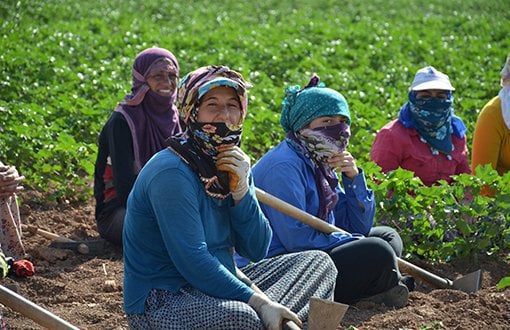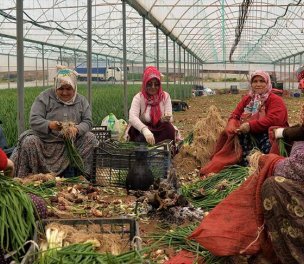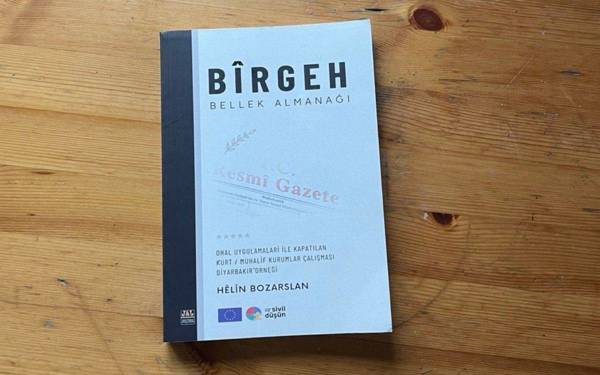Click to read the article in Kurdish / Turkish
The women who work as seasonal agricultural workers in the Heremreş (Gözlüce) Village of Kızıltepe, Mardin work for 10 hours a day in a cotton field in the heat of up to 40 degrees celsius.
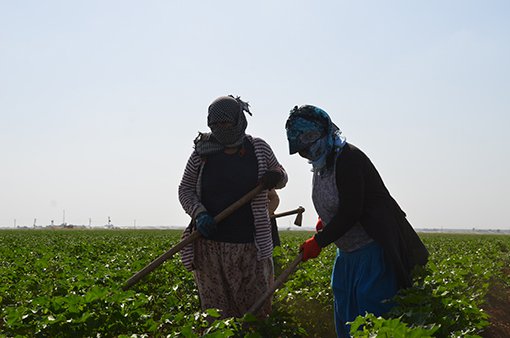
Women wake up at around 5 in the morning to go to work. When the clock hits 7 a.m., they set to work in the field. Having two 15-minute breaks all through the day, women are also given an hour to have lunch.
Their shift ends at 5 in the evening.
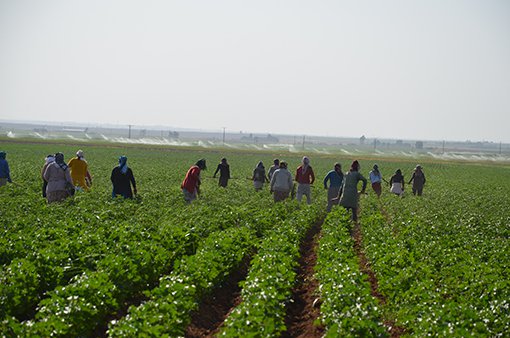
In order to protect themselves from the heat and, of course, from the dust, they cover their whole bodies except for their eyes. One of the workers has a water cannon in her hand and constantly tries to carry water to women.
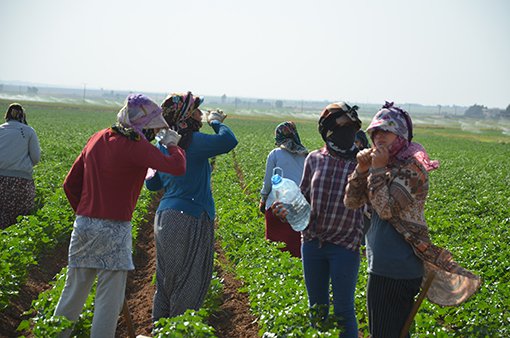
The woman, who introduces herself as Mülkiye, says that she comes to the field early in the morning to work: "We are poor, when we go to the bazaar with 100 Turkish Lira (approx. 17 US Dollars) in our pockets, it does not suffice to meet the expenses of our children."
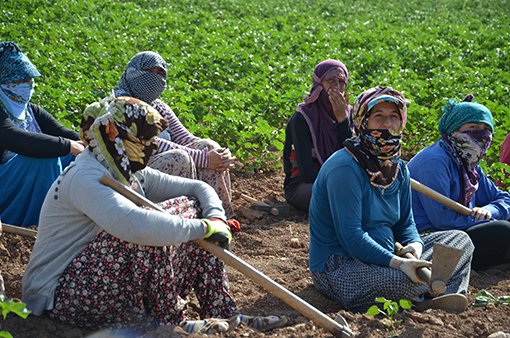
Safya Demir says that she has been doing this job for 10-15 years. Stating that she is working in a cotton field, she indicates that she does several other jobs when she finishes working in the field.
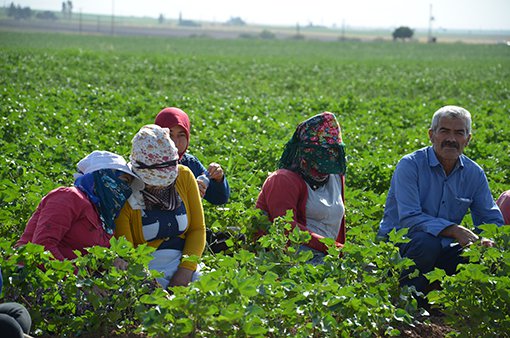
Taking refuge in Kızıltepe from Qamislo (Kamışlı) in Rojava with her family after the war, Emine says that she broke up with her husband three years ago and had to care for her five children. Stating that she used to work in the fields in Qamışlo as well, Emine says that the daily wage was higher there.
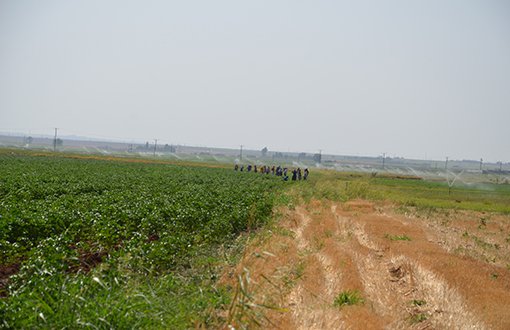
Agricultural workers can find jobs through overseers or envoys, who are also called "daybaşı" in Turkish. While overseers are paid by the landowners, the latter get a commission from workers. A worker who gets a daily wage of 55 Turkish Lira (around 10 US Dollars) needs to pay 10 Turkish Lira to the "dayıbaşı" because he or she has found the job.
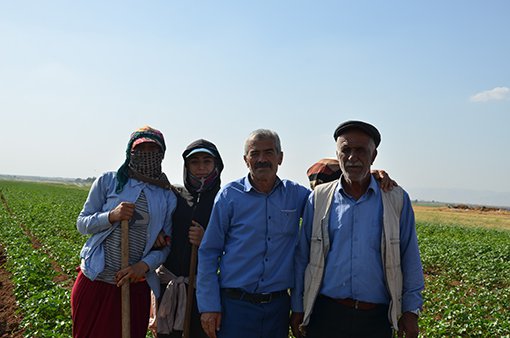
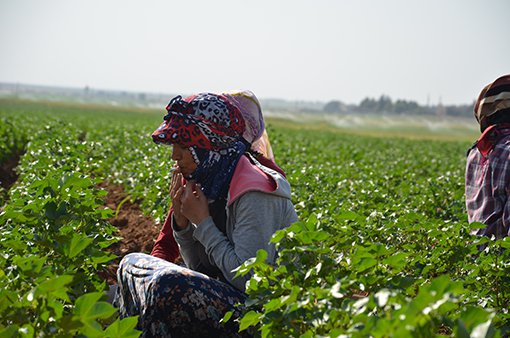
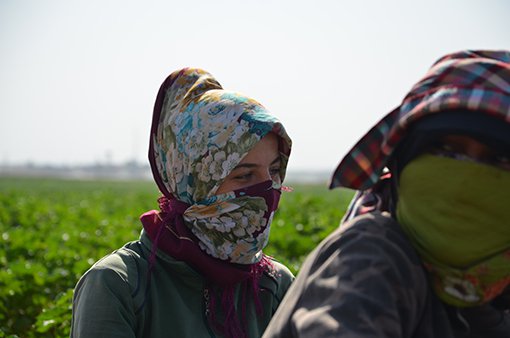
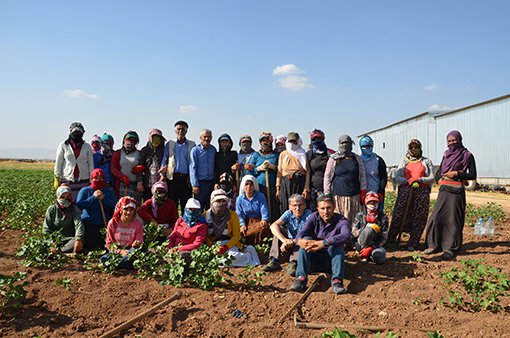
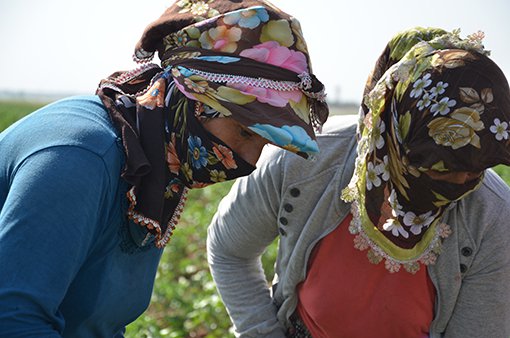
(FD/SD)
* Photographs: Ferid Demirel - bianet





